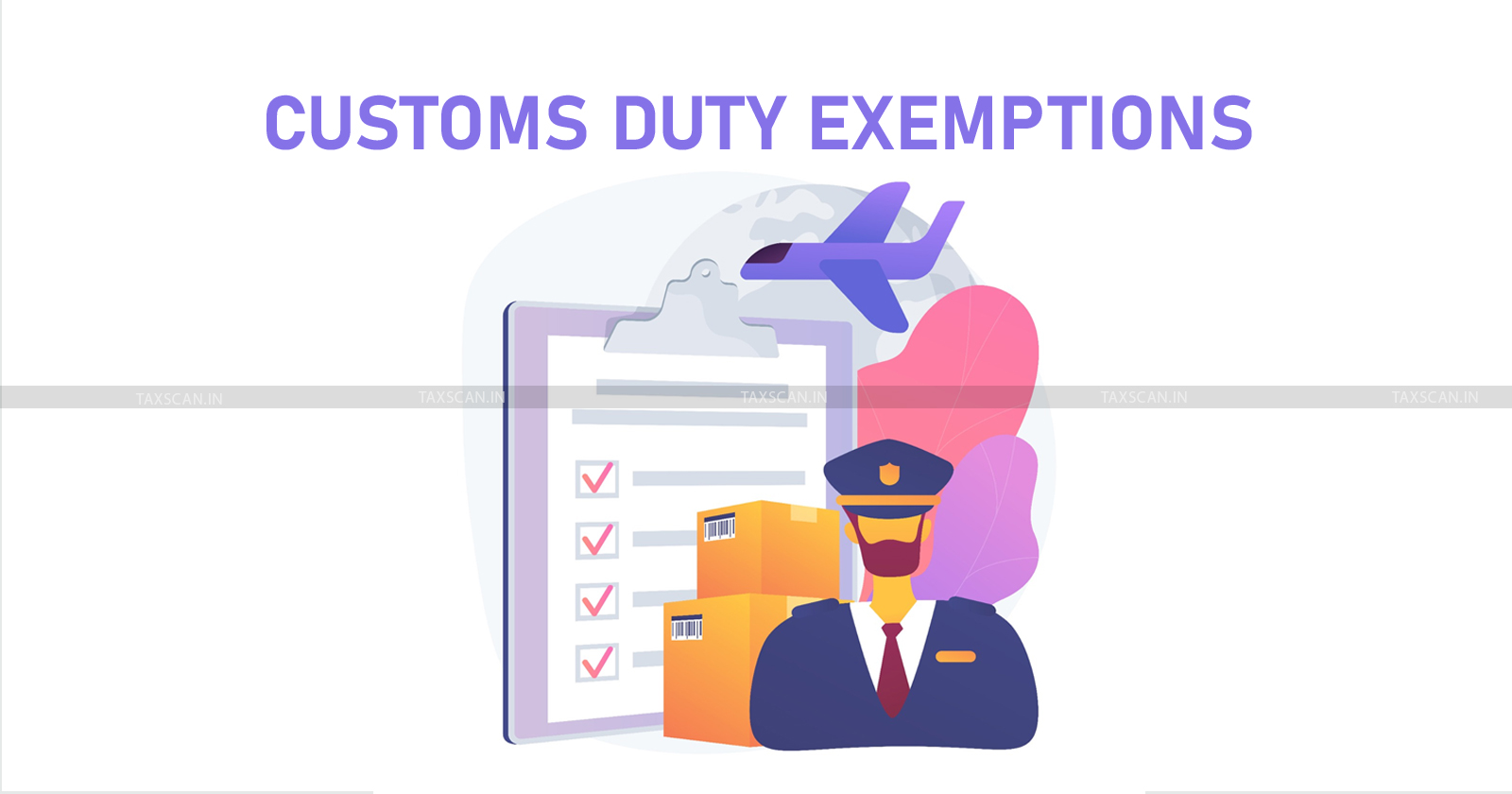CBIC amends Customs Notifications to Extend Duty Exemptions till September 30, 2024
CBIC extends Customs Duty Exemptions for Renewable Sector Tariff items till September 30, 2024

In a significant development, the Central Board of Indirect Taxes and Customs (CBIC) has issued Notification No. 06/2024-Customs on January 29, 2024, amending the existing Notification No. 50/2017-Customs dated June 30, 2017.
This amendment extends the validity of exemptions that were originally set to lapse on March 31, 2024, now pushing the expiration date to September 30, 2024. The authorization for this amendment is derived from section 25(1) of the Customs Act, 1962.
The amendment encompasses various goods and tariff items, providing extended exemptions until September 30, 2024. Notable changes include:
1. Goods for EVA (Ethylene Vinyl Acetate) Sheets:
- Chapter 3208, 3815, 3901, or 3920
- Materials such as EVA resin, masterbatch, PET film, PVF, PVDF, adhesive resin, and adhesive hardener for manufacturing solar photovoltaic cells or modules.
2. Solar Tempered Glass:
- Chapter 70
- Exemption extended for solar tempered glass or solar tempered (anti-reflective coated) glass used in the production of solar cells/panels/modules.
3. Cold Rolled Grain Oriented Steel (CRGO):
- Chapter 7204, 7225 19 90, 7225
- Magnesium Oxide (MgO) coated cold rolled steel coils and various types of steel coils for manufacturing CRGO steel.
4. Offshore Oil Exploration:
- Chapter 84 or any other Chapter
- Parts and raw materials for the manufacture of goods related to offshore oil exploration or exploitation.
5. Lithium-Ion Cells:
- Chapter 8507 60 00
- Exemption extended for lithium-ion cells used in the manufacture of batteries or battery packs for cellular mobile phones and electrically operated vehicles or hybrid motor vehicles.
Important Note:
The amendment includes a proviso specifying that entries against certain serial numbers will cease to have effect after September 30, 2024. These numbers cover a range of chapters and items, emphasizing the need for businesses to review the amendments carefully.
Key Impacts on the Renewable Energy Industry:
Boost for Solar Photovoltaic Manufacturing:
The extension of exemptions for materials used in the manufacture of EVA (Ethylene Vinyl Acetate) sheets, essential for solar photovoltaic cells or modules, will provide a boost to the solar industry. Manufacturers can continue to benefit from reduced costs, supporting the growth of solar energy infrastructure.
Continued Support for Solar Tempered Glass:
The extended exemption for solar tempered glass or solar tempered (anti-reflective coated) glass used in the production of solar cells/panels/modules is a positive sign for the solar industry. This will facilitate the seamless production of high-quality solar panels, contributing to the expansion of solar energy capacity.
Advancements in Lithium-Ion Technology:
The exemption extension for lithium-ion cells used in the manufacture of batteries or battery packs for cellular mobile phones and electrically operated vehicles or hybrid motor vehicles is a crucial development. It encourages continued innovation and adoption of lithium-ion technology in the renewable energy sector, supporting the growth of electric vehicles and mobile devices.
Stability for Offshore Oil Exploration-Linked Activities:
The extension of exemptions for parts and raw materials related to offshore oil exploration provides stability to the supply chain. This indirectly benefits the renewable energy sector by ensuring a consistent availability of essential components, supporting overall industry operations.
Encouragement for Energy Storage Solutions:
The continued support for various steel coils, including those used in the manufacture of cold rolled grain-oriented steel (CRGO), is beneficial for energy storage solutions. CRGO steel is commonly used in transformers, and the exemption extension fosters a stable environment for energy infrastructure development.
The CBIC’s foresighted decision to extend exemptions underscores its commitment to fostering growth in the renewable energy sector. The extended validity period provides businesses in the industry with the necessary time and financial flexibility to invest in innovation, sustainability, and expansion. As the world continues to transition towards cleaner energy sources, these exemptions play a pivotal role in supporting the renewable energy industry's development and sustainability.
Support our journalism by subscribing to Taxscan premium. Follow us on Telegram for quick updates


